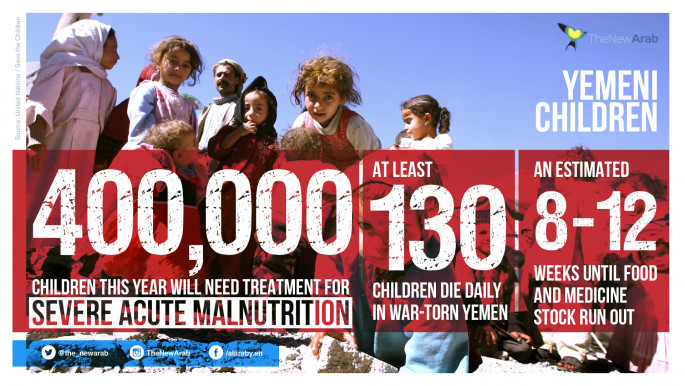UK to pump £180 million into Africa to stop migrant flow to Europe
Penny Mordaunt, the international development secretary, announced that the taxpayer-funded package will assist in building infrastructure, creation of jobs and curtail smuggling routes across Libya, Sudan and Tanzania.
Over five years, Britain plans to spend £121 million in Sudan in the hopes that nearly half a million people can be persuaded to remain.
The plan aims to target potential migrants and offer them cash and vouchers which will support them in providing food, health assistance, and returning migrants to integrate back into society.
A further £55 million will be spent in Tanzania over four years – supporting 300,000 vulnerable refugees. An additional £5 million package in Libya will provide humanitarian aid and protection to those stranded in detention centres.
"The sheer scale of the migration crisis in the Mediterranean makes it one of the most pressing global challenges we face, and behind the numbers are millions of individual tales of both hope and tragedy." Mordaunt said.
"That’s why UK aid is working to help address the root causes of mass migration by creating jobs and providing education, whilst also supporting vulnerable migrants whose lives are at risk due to a lack of food and medicine, or whose freedom is at risk from traffickers and criminal thugs."
She added that the UK will be directly affected if no action is taken immediately.
"There is no silver bullet and this approach will take time, but as we continue to create jobs, educate thousands of children and save lives, the benefit of our support for the poorest people and the UK will become increasingly obvious."
 |
Mordaunt slammed Saudi Arabia on Sunday, saying there was "no excuse" to block humanitarian aid in Yemen, and that "using starvation as a weapon" was a breach of humanitarian law. |  |
Saudi criticised over Yemen atrocities
Mordaunt also slammed Saudi Arabia on Sunday, saying there was "no excuse" to block humanitarian aid in Yemen, and that "using starvation as a weapon" was a breach of humanitarian law.
A £50 million aid package will be given to Yemen by the UK in order to help combat what the UN has described as the world’s worst humanitarian crisis.
Since 2015, Saudi Arabia has led a military coalition fighting against Iran-backed Houthi rebels in Yemen, in an effort to restore the authority of President Abedrabbo Mansour Hadi.
With fighting between the two sides having been locked in a stalemate, the Saudi-led coalition has imposed crippling restrictions on imports into Yemen.
Following a recent Houthi rocket attack last month on Saudi Arabia, the blockade was tightened.
"UK aid will save lives with new food and fuel - fuel that will produce food, pump clean water to help stop the spread of cholera, and power hospital generators," Mordaunt said.
Moradaunt echoed warnings from the UN and humanitarian agencies, saying that aid restrictions could push Yemen into a "catastrophic famine."
"I very much understand the importance of our relationship with Saudi Arabia. But we do not help that relationship by not speaking about the facts of the matter," she said, adding that breaches of international laws would but the relationship between London and Riyadh "into difficulty."
Despite British leaders calling for an end to Yemen's war, rights groups have long criticised the UK's continued arms sales to Saudi Arabia throughout the Yemen conflict.
UK arms sales to Saudi Arabia has brought profits of more than $8bn to weapons manufacturers, but only $40m in corporation tax to the government, a War Child report has found.
UK arms sales to Saudi Arabia has produced profits of more than $8bn to weapons manufacturers, according to a report from UK-based charity War Child.
![libya migrants [Getty] libya migrants [Getty]](/sites/default/files/styles/image_345x195/public/media/images/B53B18D4-C3C2-4C38-B966-A92688B16AED.jpg?h=d1cb525d&itok=EEI8Bkil)




 Follow the Middle East's top stories in English at The New Arab on Google News
Follow the Middle East's top stories in English at The New Arab on Google News
![Netanyahu furiously denounced the ICC [Getty]](/sites/default/files/styles/image_330x185/public/2024-11/GettyImages-2169352575.jpg?h=199d8c1f&itok=-vRiruf5)
![Both Hamas and the Palestinian Authority welcomed the ICC arrest warrants [Getty]](/sites/default/files/styles/image_330x185/public/2024-11/GettyImages-2178351173.jpg?h=199d8c1f&itok=TV858iVg)
